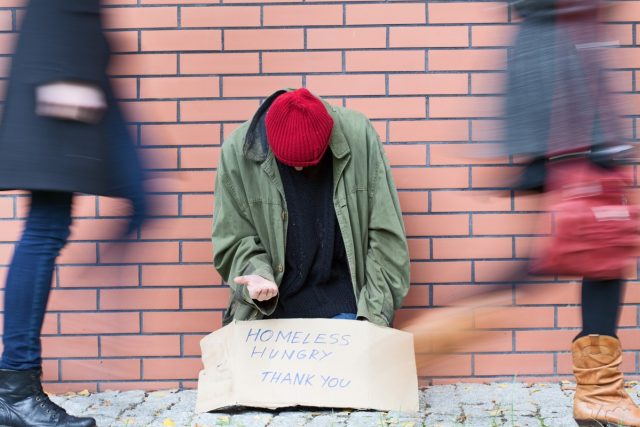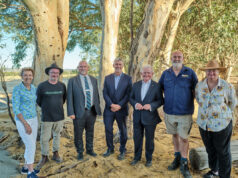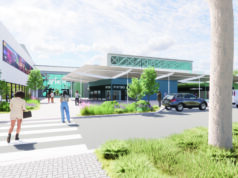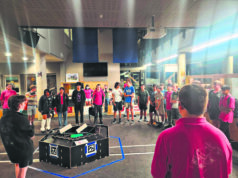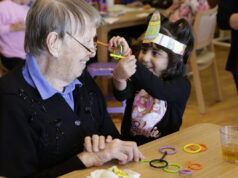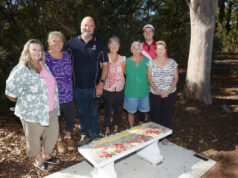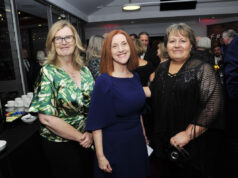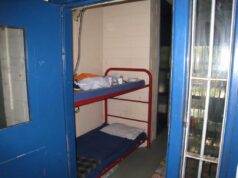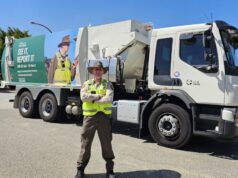About 9000 people experience homelessness every night, close to 14,000 people are on the waitlist for social housing and two out of three requests for accommodation via homelessness services are unmet each day.
This is the situation plaguing Western Australia today and the City of Armadale is not excused from the issue.
In the last census completed in 2016, a total of 226 people in Armadale were experiencing homelessness, which is an issue Shelter WA chief executive Michelle Mackenzie believes all levels of government can assist with.
“There is a chronic lack of investment in social housing at both the state and federal level and this means that there are not enough permanent, social houses to meet the needs of people on low and low to moderate incomes,” she said.
“The private rental market is unaffordable to many people on these incomes.”
Ms Mackenzie said she believes part of the homelessness issue can be resolved by greater investment in social housing, while also providing rental subsidies for people to afford rent in the private rental market and an increase in funding to homelessness service providers to enable them to meet the current need.
“Many people on low and low to moderate incomes are in housing stress, paying more that 30 per cent of their income on housing costs,” she said.
“This means that people are going without food, heating and other basic necessities. “There is insufficient supply of social and affordable housing, particularly of well-located and affordable rental housing to meet overall demand and housing is critical to end homelessness.”
Mayor Henry Zelones said the city is aware that housing security is an issue and people have been sighted sleeping rough in areas within the city centre.
“There have been instances where council officers have assisted individual people sleeping rough or who have asked for emergency assistance help due to losing tenure of their home by identifying available accommodation and emergency relief services and either providing these details to the person or contacting the services on their behalf,” he said.
“Homelessness has increased by 60 per cent from 2011 to 2016 (census) and is an indication that this is an urgent issue that is not going away and may increase in future years.
“Regardless of the housing status of a person, they are a member of our community and deserve to be considered and approached with empathy and without judgement.
“Other people may not have any idea of the significant challenges the person is facing on a daily basis; many of the issues may be out of the individual’s control and not part of the life they had ever envisaged leading.”
Member for Armadale Tony Buti said homelessness was a complex issue with many factors including domestic violence, family breakups, drugs and marginalisation.
“Homelessness Week brings the issue to the front of public debate, which is important, as we all have a role to play in seeking to reduce homelessness,” he said.
Homelessness Week runs from August 5 to 11.


